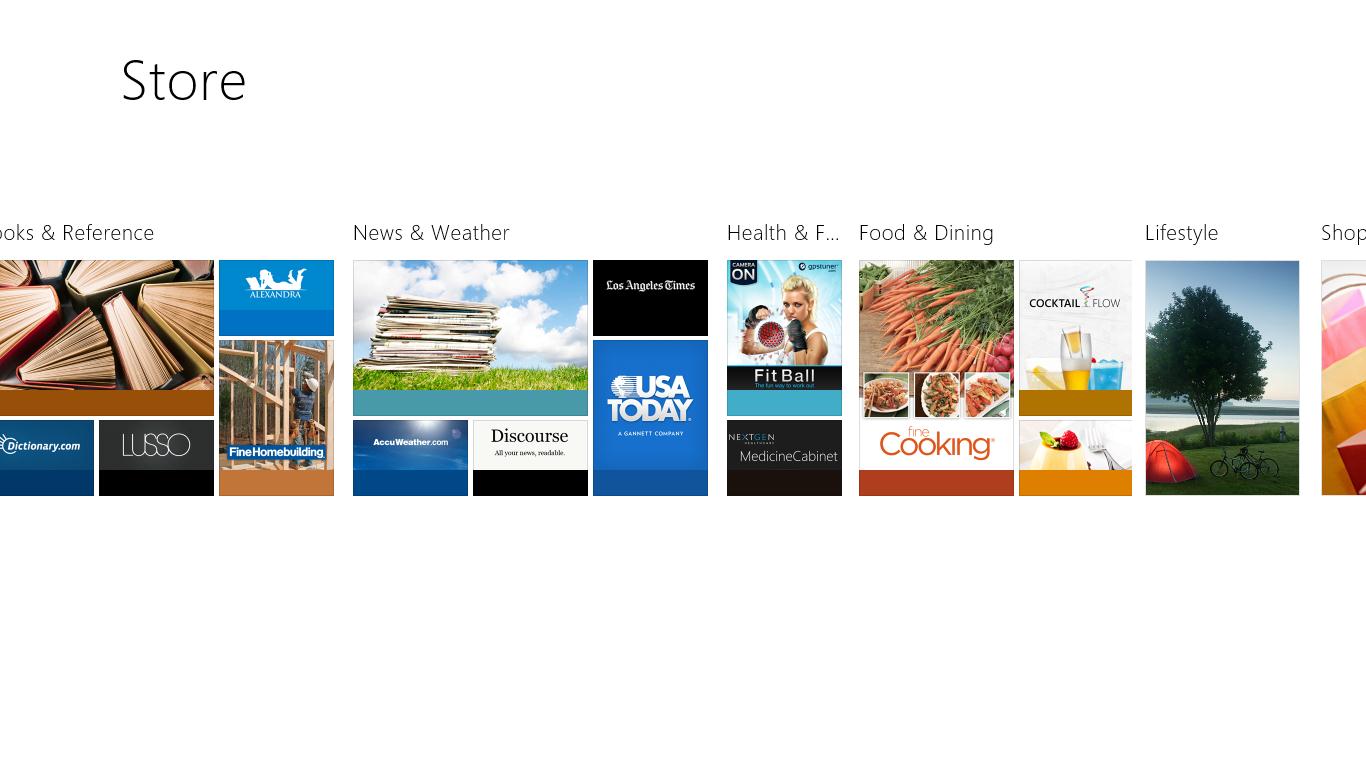More game developers expressing chagrin over Windows 8
The list of dissenting developers keeps on growing

Sign up for breaking news, reviews, opinion, top tech deals, and more.
You are now subscribed
Your newsletter sign-up was successful
While the rest of the computing (and consumer) world eagerly awaits the legitimate public release of Windows 8, one ever-growing segment of the population isn't looking forward to the OS's debut.
More and more game developers seem to be wringing their hands over Windows 8 as the ranks of developers anxious about its effect on PC gaming continues to grow.
One high-profile name, Valve co-founder Gabe Newell, seems to have opened a can of worms when he called Windows 8 "kind of a catastrophe." And, Stardock's Brad Wardel agreed with Newell, calling his comments "totally right."
"Hopefully the market will be able to adapt to the wrongheaded strategy Microsoft is employing with Windows 8," Wardell told GamesIndustry.biz.
Introversion's Chris Delay expressed similar concerns.
"I really hate the general concept of 'closing down' Windows, and this seems to be where Microsoft [is] intending to go," he said.
"Nothing scares me more than the thought that one day, all Windows apps may have to be certified by Microsoft before they can be released and installed on users computers," he continued.
Sign up for breaking news, reviews, opinion, top tech deals, and more.
"That just fills me with dread because I've been on the receiving end of Microsoft's certification process for Darwinia+ (Xbox Live Arcade)."
A gated community for games
The primary issue with Windows 8 that gaming developers keep bringing ups is the possibility of a closed platform. In that scenario, games, as well as all other software, would only be available through Microsoft's Windows Store.
In order to appear in the Windows store, games could need Microsoft certification as well as the potential for mandates of controller support, Xbox Live integration or other usability features that could limit some developers and would run a significant time and financial cost for some developers.
This will be the case with Windows RT, the version of Windows 8 that'll run on ARM-based devices.
However, the majority of Windows 8 users on x86 machines will get the full OS experience, with programs openly available just like on Windows 7, with the Windows store simply another option for how to get your software.
Of course, since Windows 8 can't boot directly to the desktop there are extra steps involved in reaching all of that software downloaded outside of the Windows store, but the OS is not as closed as say, the iTunes store.
Will Windows 8 stay open?
Developers still have a legitimate concern though. Microsoft has a history of adding regulations and requirements to games released on Xbox Live Arcade, which is very much a closed platform. If Microsoft employs similar measures on the Windows Store, it could further alienate Windows RT users.
Maximum PC senior editor Nathan Edwards said that while developers should work in an open environment, his take is that they're worried about the future of PC gaming.
"It's the philosophy that there is this ecosystem in a walled place," he said. "While it doesn't seem like it will be the case in Windows 8 because it contains the whole OS, it's the precedent it sets for future Windows."
Will Microsoft close Windows 8 to make it more similar to Windows RT? The chances of that are thankfully slim, if for no other reason than because of the potential legal backlash from the U.S. Department of Justice.
It's still far too early to tell what effect Windows 8 will have on PC games, and whether the Windows RT install base will grow large enough to influence it, but game developers have made it clear that they're not interested in a closed Windows 8. It remains to be seen how Microsoft will respond.